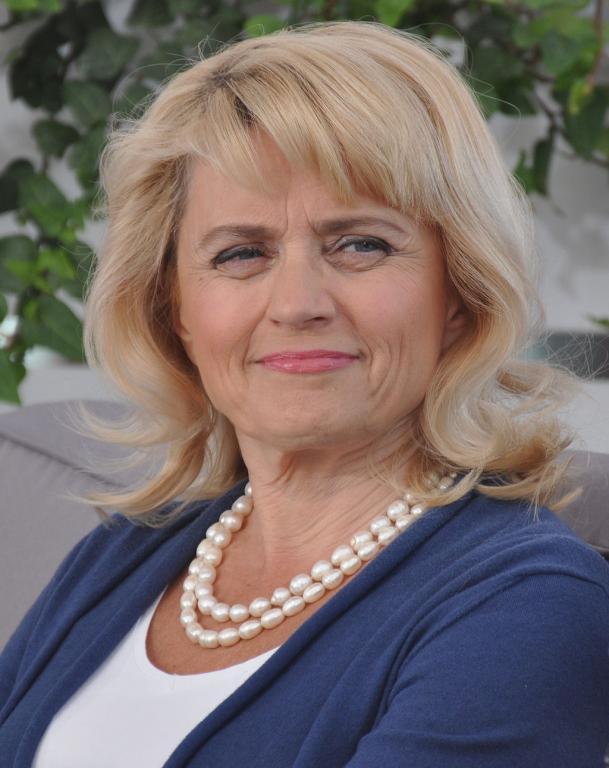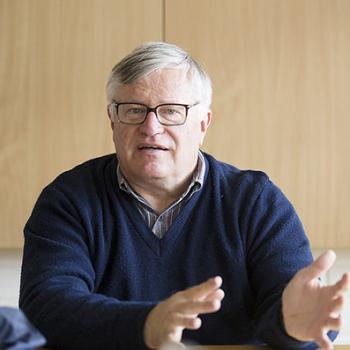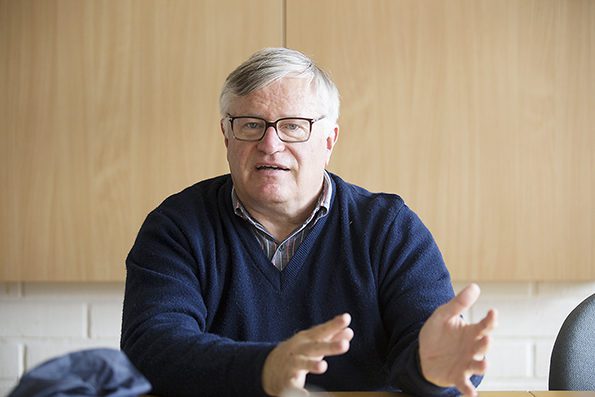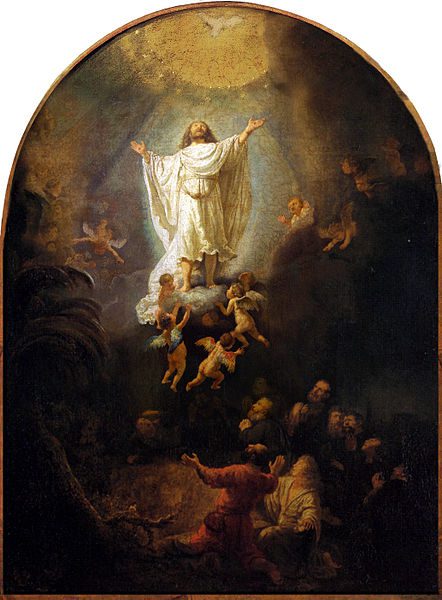Americans are flirting with socialism. A major presidential contender, Bernie Sanders, is an avowed socialist. A majority of young adults think socialism is morally superior to capitalism. Even many conservatives are drawing back from capitalism, putting forward “hyphenated capitalism,” such as Marco Rubio’s “common good-capitalism.” Even many businesses are retreating from capitalism, demanding the government protect them from the free market.
Nikki Haley, former governor of South Carolina, has launched a forceful defense of capitalism. In a speech to the conservative think tank the Hudson Institute, she takes on not only the overt socialism of Bernie Sanders and the quasi-socialism of the other Democrats, but also the “socialism lite” that she sees in her fellow Republicans.
You should read her entire speech. I’ll let George Will summarize it:
Speaking in a manner bracingly unusual in this city, Haley minced no words: “The American system is capitalism.” Although “the Founders never used the word, they gave us capitalism in all but the name,” because capitalism is “another word for freedom. And it springs from America’s most cherished ideals.” The Founders understood something the Supreme Court has forgotten for eight decades: Economic freedom is, like freedom of speech and free exercise of religion, a fundamental right. Capitalism has “lifted up more people, unlocked more progress, and unleashed more prosperity” than any other system, yet “many people avoid saying that word, including some conservatives and business leaders.”
Haley said the Business Roundtable, which represents major corporations, wants companies to “focus not on business, but on some vague notion of helping ‘stakeholders,’” meaning customers, employees and communities. “This,” Haley said astringently, “is puzzling.” Companies that do not serve their customers, reward their workers and serve their communities will fail — unless abusive or incompetent companies are saved by misguided government policies. Such business-government entanglement breeds cronyism, self-dealing and bailouts from taxpayers.
“Some conservatives,” Haley said, “have turned against the market system. They tell us America needs a … different kind of capitalism. A hyphenated capitalism. Yet while these critics keep the word capitalism, they lose its meaning. They want to give government more power to make more decisions for businesses and workers. They differ from the socialists only in degree.”
Other highlights from the speech:
–She deals with the “myths” about capitalism. E.g, “It is a myth that capitalism is just for the wealthy or big corporations.” And that capitalism creates sweat-shop conditions for workers.
–She cites capitalism’s beneficial impact on the world. “Two hundred years ago, 94% of the world lived in extreme poverty. Today, it’s 10%.”
–She cites capitalism’s beneficial impact on the environment. “You wouldn’t know it from listening to the gloom and doom of the left, but the facts are clear. The world is getting cleaner, healthier, and wealthier.”
–She agrees that there is still much pain and suffering in the world, but she argues that the biggest cause of human suffering is socialism.”
–She cites evidence that “Socialism has failed everywhere it’s ever been tried.”
–She shoots down Bernie Sander’s claim that he is simply advocating the socialism of Scandinavia:
The same Scandinavia where Sweden tried socialism, saw it fail, and went so far in the other direction that it now has one of the freest economies in Europe.The same Scandinavia where Denmark cut its business tax rate by more than half. The Danish Prime Minister criticized Bernie Sanders and said his country is a “market economy.” And get this. Finland’s president was recently asked if his country was socialist. His response: “No, God bless.”
Other democracies have tried socialism. Israel, India, and the United Kingdom went through periods of socialism, only to abandon it. Their people are markedly better off as a result.
–She acknowledges the criticisms of capitalism, but says that the critics are really pointing to deviations from capitalism, not its essence:
They’re right when they say too many businesses engage in corrupt self-dealing. We saw it in the housing crisis of the last recession. We see it today with some anti-market monopolistic behavior. But that’s not capitalism. It’s corruption. It’s often illegal, and it’s always immoral. Corruption has no place in a free market. Everyone deserves an equal shot.
They’re right that too many special interests get special treatment. But that’s not capitalism either. That’s cronyism and corporate welfare. It destroys a level playing field and rigs the economy in favor of the well-connected. We should expose it and root it out. And no company should ever get a taxpayer bailout.
They’re also right that some communities in the American heartland have suffered ill effects from globalist economics. But globalism and capitalism are not even close to synonymous. Take it from me, at the United Nations, I had a front row seat to witness the values of the multilateral bureaucrats. I assure you capitalism was not among them.
Finally, critics of capitalism are right that income levels are unequal in America. Income inequality will always exist in a free economy. That is not capitalism’s proudest feature, but it’s infinitely better than the alternative. Under socialism, everyone is equal. But they are equal in their poverty and misery.
She says much more.
What do you think of her analysis?
If leftists, liberals, conservatives, and businesses are clamoring for some kind of socialism, if only “socialism lite,” does that mean America is going socialist? Does capitalism need some protections to address those “deviations” that are giving it a bad name? Isn’t that what the “hyphenated capitalism” is aiming at?
Image: Official Photo of Nikki Haley, United States Department of State / Public domain via Wikimedia Commons.



















